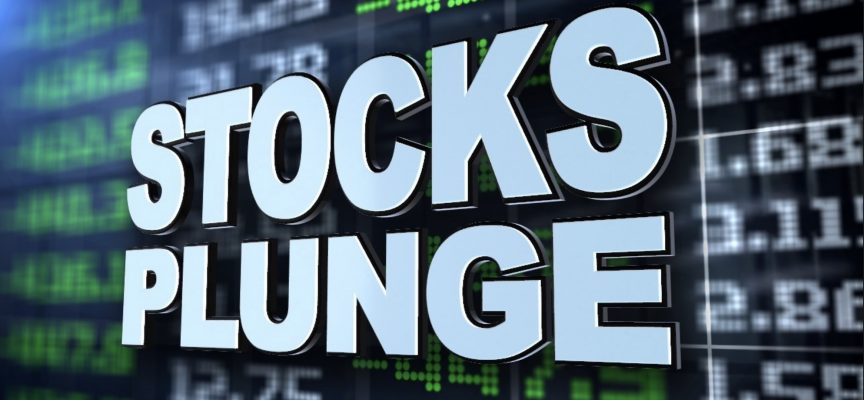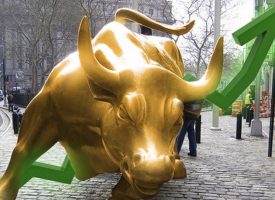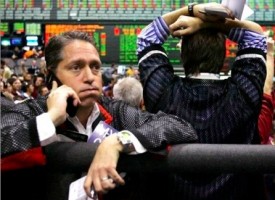With major markets all over the globe on the move, today James Turk spoke with King World News about the the great danger that now threatens the world.
James Turk: “We should focus on the UK, Eric, and its decision to leave the European Union. There is no question that the UK is the epicenter of the volatility that has roiled global markets Friday and today…
SPECIAL LIMITED TIME OFFER FOR KWN READERS & LISTENERS:
All KWN readers and listeners who sign-up and fund a BitGold account will receive an
additional 5% bonus (up to $100.00) added to their Bitgold accounts.
Sign up today by email – CLICK HERE OR ON THE LOGO:
James Turk continues: “We are still feeling the shockwaves sent around the world by its vote. But are we seeing tidal waves or ripples?
 Did Britain’s FTSE Really Crash?
Did Britain’s FTSE Really Crash?
To answer this question, let’s start by looking at the FTSE 100, the major share index in the UK. The following puts Friday’s stock market ‘crash’ into perspective:
FTSE close on Friday, 17 June 6,021.09
FTSE close on Friday, 24 June 6,138.69
The FTSE 100 was actually up last week notwithstanding Friday’s downdraft.
The low close in the FTSE this month was June 14. The FTSE closed that day at 5,923.50. So even though the FTSE was down again today, it is still up 1% from this month’s low. We therefore have to ask ourselves, what kind of stock market ‘crash’ is that?
What happened before the Brexit vote is important. There was a spike in prices on the FTSE in the days before the Brexit vote. This spike was artificial, and probably was the result of short covering or driven by position squaring. Remember, the last polls before the vote and the odds of bookies in the UK betting shops indicated that Brexit would fail.
So the FTSE was driven higher by latecomers who had positioned themselves for Brexit to fail, and threw in the towel just before the vote. We saw the unwind of all that buying on Friday and today. The important question now is what comes next?
 What’s Next?
What’s Next?
To answer that, we have to look more closely at the components of the FTSE, and for that matter, other stock markets too. One sector clearly stands out as a disaster. It is of course the banks. Their shares have collapsed pretty much everywhere, but particularly in Europe, and not just the UK.
In comparison, share prices of commodity producers, and particularly the gold and silver miners, have been doing okay. I think there is an important message here.
National currencies are the real problem today. More to the point, when the financial sector of a stock market gets hit while the share prices of companies involved in tangible assets – like the precious metal miners – do relatively okay, it is an early sign that inflationary pressures are building, which is the point I have been making all year.
 This Great Danger Now Threatens The World
This Great Danger Now Threatens The World
Let’s watch to see what the market tells us over the coming days and weeks because right now, everything is suggesting higher inflation. And if the system is not stabilized by taking the correct steps to undue the growing imbalances, hyperinflation of national currencies remains a real risk.
No one can predict when that tipping point will arrive. But with all the currency sloshing around plus the new additions from central banks on Friday, we are headed in that direction. It’s no wonder that gold and silver are having their best year since they reached those dramatic peaks in 2011, which is where the price of gold and silver are headed once again — back to all-time highs.
***KWN has now released the powerful audio interview with legend Art Cashin discussing the chaos in global markets in the aftermath of Brexit, gold, bonds, inflation, possible hyperinflation and much more and you can listen to it by CLICKING HERE OR ON THE IMAGE BELOW.
© 2015 by King World News®. All Rights Reserved. This material may not be published, broadcast, rewritten, or redistributed. However, linking directly to the articles is permitted and encouraged.









